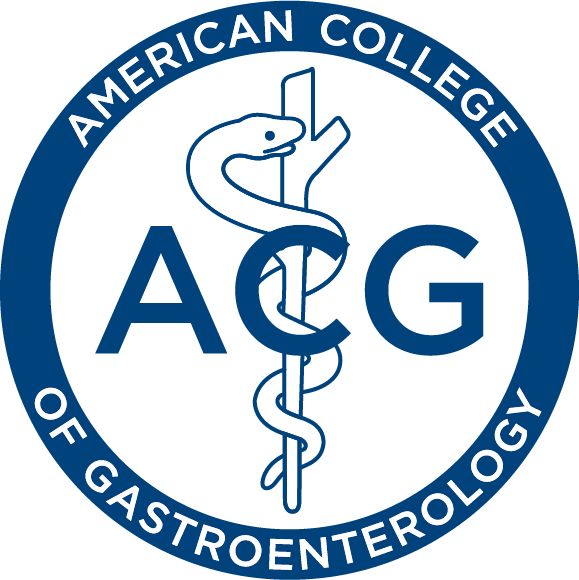The consumption of more than three glasses of red wine a week reduced the risk for significant colorectal neoplasia (SCRN), or colon cancer, according to research presented last year at the 71st Annual Scientific Meeting of the American College of Gastroenterology.
Joseph C. Anderson, M.D, and his colleagues at SUNY Stony Brook, compared the drinking habits of 360 red and white wine drinkers with similar lifestyles as part of a study examining the prevalence of colorectal neoplasia. They found that drinking red wine significantly reduced the risk of colorectal neoplasia by 68 percent, but drinking white wine did not. Researchers suspect that higher concentrations of the compound resveratrol in red wine may provide a protective effect against colon cancer.
There is great interest in lifestyle and dietary factors and their impact on health and the development of disease. This research highlights the potential role of red wine in chemoprevention of colon cancer, but when it comes to proven prevention strategies, screening for colorectal cancer remains essential and is the most proven preventative measure that individuals can use to reduce their risk of developing this disease. Screening tests can find precancerous polyps, allowing removal before they turn into cancer. Colorectal cancer is one of the most detectable, and if found early enough, the most treatable forms of cancer, according to the American College of Gastroenterology.
Recent Scientific Developments Feature Impact of Lifestyle & Diet on CRC Incidence Vitamin Do Taking 1,000 to 2,000 IU of vitamin D each day could reduce the risk of colorectal cancer o Patients with a serum vitamin D level of 33 nanograms per milliliter or higher were 50 percent less likely to develop colorectal cancer compared to those who had blood levels of 12 nanograms per milliliter or lower. *Source: American Journal of Preventive Medicine (March 2007)
Calciumo Taking calcium supplements appears to decrease the risk of recurring colorectal adenomas (precancerous polyp) for up to five years after treatmento 31 percent of those who had taken calcium had recurrences compared with 43 percent of those originally in the placebo group.*Source: Journal of the National Cancer Institute (January 2007)
Patient information about lifesaving colorectal cancer screening and other digestive health issues can be found at http://www.acg.gi.org.
About Colorectal Cancer Screening-Recommendations from the American College of Gastroenterology (http://www.acg.gi.org)
For normal risk individuals, the American College of Gastroenterology recommends screening beginning at age 50 (age 45 for African-Americans). The preferred screening test according to the American College of Gastroenterology is colonoscopy every 10 years. An alternative strategy for average risk individuals is an annual stool test for blood, and a flexible sigmoidoscopic exam every 5 years. Unlike colonoscopy, this approach does not allow visualization and removal of polyps in the entire colon.
For those with a family history of colorectal cancer, testing should begin at 40 years of age or 10 years younger than the age of the youngest affected relative at the time of colon cancer diagnosis, whichever is earlier. For both average and high risk individuals, all potential precancerous polyps should be removed.
Colorectal Screening for African-Americans: Begin at 45African-Americans are diagnosed with colorectal cancer at a younger age than other ethnic groups and African-Americans with colorectal cancer have decreased survival compared with other ethnic groups.
Physician experts from the American College of Gastroenterology in 2005 issued new recommendations to healthcare providers to begin colorectal cancer screening in African- Americans at age 45 rather than 50. Colonoscopy is the preferred method of screening for colorectal cancer and data support the recommendation that African-Americans begin screening at a younger age because of the high incidence of colorectal cancer and a greater prevalence of proximal or right-sided polyps and cancerous lesions in this population. The recommendations were published in the March 2005 issue of The American Journal of Gastroenterology.
About the American College of GastroenterologyThe ACG was formed in 1932 to advance the scientific study and medical treatment of disorders of the gastrointestinal (GI) tract. The College promotes the highest standards in medical education and is guided by its commitment to meeting the needs of clinical gastroenterology practitioners. Consumers can get more information on GI diseases through the following ACG-sponsored programs:
o 1-800-978-7666 (free brochures on common GI disorders, including ulcer, colon cancer, gallstones, and liver disease)o 1-866-IBS-RELIEF and http://www.ibsrelief.org (free educational materials)o 1-800-HRT-BURN (free brochure and video on heartburn and GERD)o http://www.acg.gi.org (ACG's Web site)
